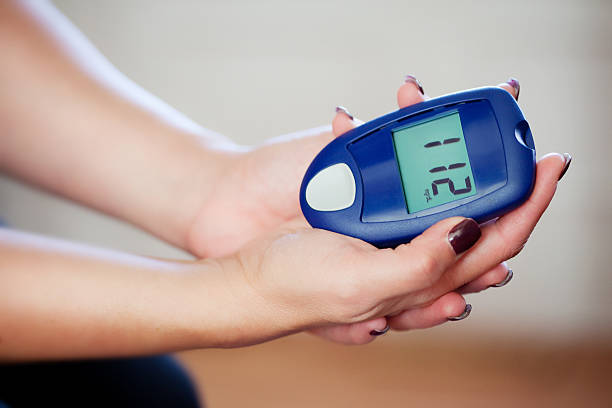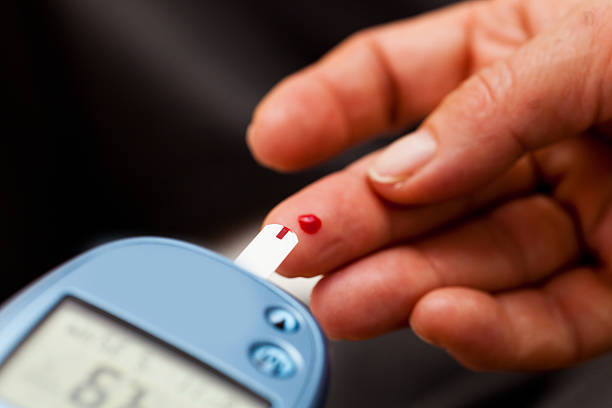High blood sugar, also known as hyperglycemia, is a condition in which the level of glucose (sugar) in the blood is elevated. Glucose is the main source of energy for the body and is normally regulated by insulin, a hormone produced by the pancreas. When the body is not able to produce enough insulin or does not respond properly to it, glucose levels in the blood can rise, leading to high blood sugar.
There are several symptoms of high blood sugar that can indicate that an individual is suffering from this condition. Some of the most common symptoms include:
Increased thirst and frequent urination: When there is an excess of glucose in the blood, the body tries to get rid of it by increasing urine production. This leads to increased thirst and frequent urination, as the body tries to replenish the lost fluids.
Fatigue and weakness: High blood sugar levels can make you feel tired and weak, as your body is unable to convert the excess glucose into energy.
Blurred vision: High blood sugar levels can cause fluid to be pulled from the lenses of the eyes, leading to temporary blurred vision.
Slow healing of cuts and wounds: When there is a high level of glucose in the blood, it can slow down the healing process and increase the risk of infections.
Nausea and vomiting: In some cases, high blood sugar levels can lead to nausea and vomiting, especially if the condition is left untreated for a long time.
Weight loss: Despite increased food intake, individuals with high blood sugar levels may experience unintended weight loss, as their bodies are not able to use the glucose for energy.
If you experience any of these symptoms, it is important to seek medical attention to diagnose and treat high blood sugar. In order to diagnose high blood sugar, your doctor may perform a blood test to measure your glucose levels. If your glucose levels are high, your doctor may also perform additional tests to determine the underlying cause of your condition.
There are several treatments for high blood sugar, depending on the cause and severity of the condition. Some of the most common treatments include:
Lifestyle changes: In some cases, high blood sugar can be managed by making simple lifestyle changes, such as adopting a healthy diet, losing weight, and increasing physical activity.
Medications: If lifestyle changes are not enough, your doctor may prescribe medications to help regulate your blood sugar levels. Some of the most common medications used to treat high blood sugar include metformin, sulfonylureas, and thiazolidinediones.
Insulin therapy: If your body is not producing enough insulin, or if it is not responding properly to the insulin it produces, your doctor may prescribe insulin therapy. Insulin therapy involves taking injections of insulin to regulate your blood sugar levels.
Surgery: In severe cases, surgery may be necessary to treat high blood sugar. For example, gastric bypass surgery can be performed to help regulate blood sugar levels in individuals who are overweight or obese.
In conclusion, high blood sugar is a serious condition that can lead to a range of symptoms and complications if left untreated. By recognizing the symptoms of high blood sugar and seeking medical attention, you can help prevent and manage this condition, and maintain your overall health and well-being. If you experience any of the symptoms of high blood sugar, it is important to see a doctor as soon as possible to receive an accurate diagnosis and effective treatment.

 Home
Home Health
Health Diet & Nutrition
Diet & Nutrition Living Well
Living Well More
More












